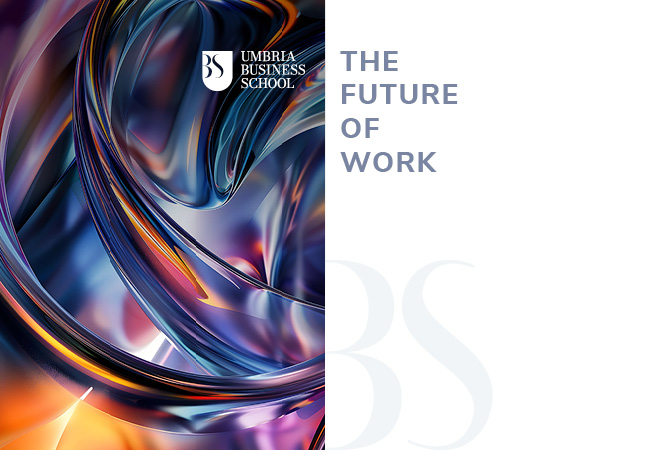
AI & HR: revolution underway, but Italian companies are cautious.
According to a recent survey by the Polytechnic University of Milan, the market of theArtificial Intelligence (AI) in Italy has reached a value of 760 million, recording a annual growth of 52%. In the next 10 years, this technology could profoundly transform many industries and replace the activities of 3.8 million professionals in our country.
Among the areas undergoing the most significant changes is Human Resources (HR). But what is the state of AI adoption in this area in Italy? A detailed picture emerges from the annual report “The AI Impact,” produced by Osservatorio Imprese Lavoro INAZ and Business International, which analyzes how artificial intelligence is affecting HR management in Italian companies.
The analysis, conducted between March and May 2024 among a sample of 200 HR directors from some of the leading national and international companies operating in Italy, found that only 21.28 percent of companies use AI tools for HR management, while the remaining 78.72 percent do not. The main reasons for this lack of adoption include the lack of internal expertise (38 percent), the need for new leadership models and a corporate culture open to innovation (32 percent), and the difficulty in recognizing which processes to automate (43 percent).
So-called “pioneer” companies that have already implemented AI solutions in HR use it mainly for recruiting and selection processes, training planning, and evaluation systems. These companies indicate among the main benefits the possibility of saving time on routine activities (32.14 percent) and reducing the costs of processing bureaucratic-administrative paperwork (24.29 percent). Predictive performance analysis is another key area, useful for fostering professional growth and talent retention.
The report also points out that companies investing in AI are aiming not only for operational improvements, but for strategic transformation, with the goal of redefining the role of human resources in the organizational context. AI should be seen as a “sparring partner” for critical thinking, not a substitute for human decision-making.
As for, however, the main future challenges for Italian HR, according to the report, they include balancing the use of technology with maintaining a central role for human critical thinking, creating a corporate culture that can embrace innovation while overcoming resistance to change, investing in digital training to fill the technological and analytical skills gap, addressing the risks of bias and discrimination inherent in automated processes, and ensuring transparency and compliance with European regulations, such as theAI Act.
